Central Carolina Scale, Inc. (United States) - Scales are an essential tool for your business. Over time, scales can be subjected to wear or exposure to damaging elements, leading to errors and losses in accuracy. These malfunctions can result in further issues down the line with your shipments and products and should be addressed as soon as possible. Scale calibration is the process of restoring your scale’s accuracy through recording, testing, and maintenance.
What is Scale Calibration?
The calibration process starts with a standardized weight being placed on your scale. This is repeated several times in order to make an accurate record of your scale’s performance. The reading your scale gives will determine whether it matches the known weight, is within the calibration tolerance range, or so inaccurate that it immediately needs repairs. The calibration tolerance range is a measure of a scale’s ability to accurately measure weight within commercial guidelines. This differs slightly from the instrument range of the scale and is designed to give it optimal performance during regular use.
Why Does My Scale Need to be Calibrated?
Outside of wear or potential damage, there are other reasons why you may need your scale calibrated. If your scale has been in use for a long time, checkups are a healthy way of preserving its function for an even longer period. Scale measurements are also affected by travel and altitude, providing slight variations depending on where the scale was made or if it was used before reaching you. What is known as factory calibration is not as reliable as it seems! Having your scale calibrated by a trusted local professional is key to ensuring consistent performance. A licensed professional is the only way to have your scale pass state inspection and keep its registration, a requirement for commercial work in many states.
How Often Do I Need To Calibrate My Scale?
There are a few things to consider when deciding how often to get your scale calibrated. The manufacturer’s guide is the first place you should look. All scales come with a suggested calibration frequency that is worth taking note of. How often you use your scale is another factor. Consistent use of any scale will cause inaccuracies, so you may need to have it calibrated more often if it used day in and day out. If the scale is used in an environment that may cause damage it may require even more care. Areas that can cause malfunctioning include those that are dust-filled, electrically charged, or prone to oil spills. Lastly, if your work or business requires highly accurate measurements it may be worth investing in the optimal care of your equipment. Keeping your scale in top form can prevent costly mistakes and setbacks in the future.
Do You Need Your Scale Calibrated?
If you would like to know more about scale calibration or looking to purchase a scale of your own, Central Carolina Scale has what you are looking for. We have an extensive lineup of both commercial and industrial scales at the best prices. We also offer rentals, repairs, and certified calibration performed by our expert team.








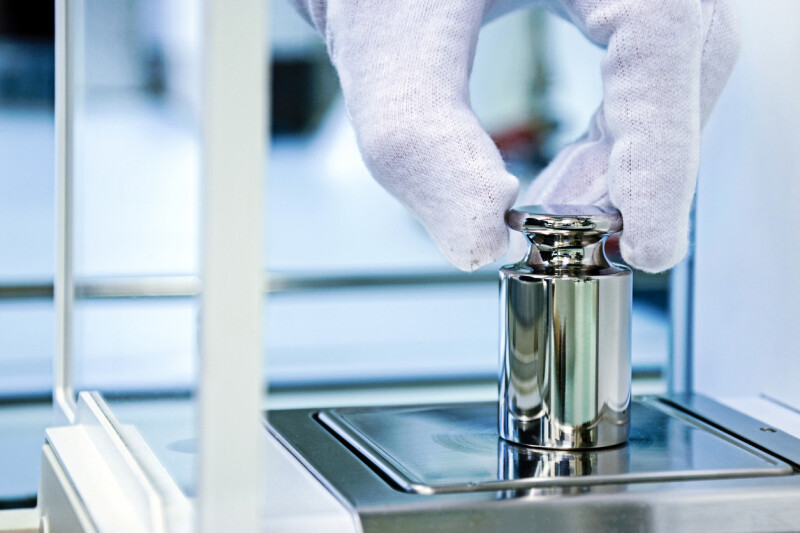







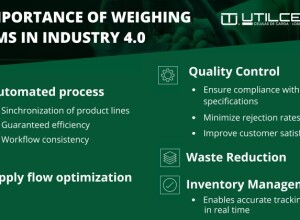
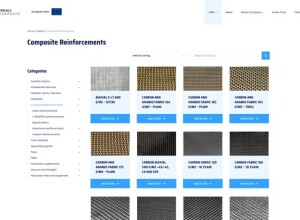
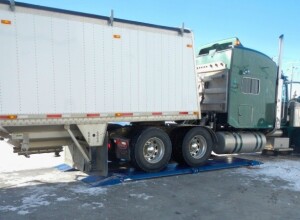

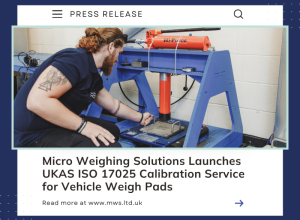






Interested? Submit your enquiry using the form below:
Only available for registered users. Sign In to your account or register here.